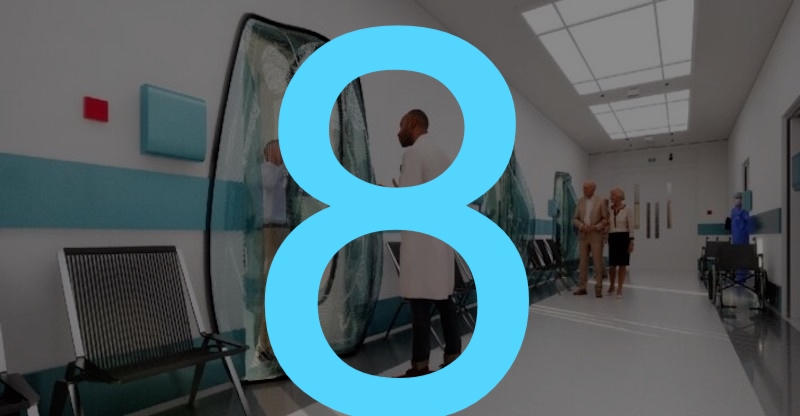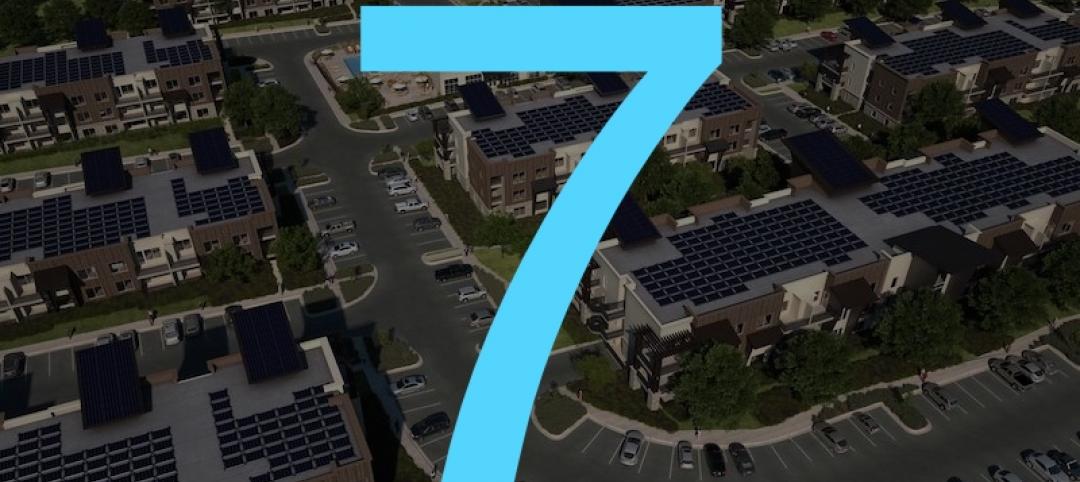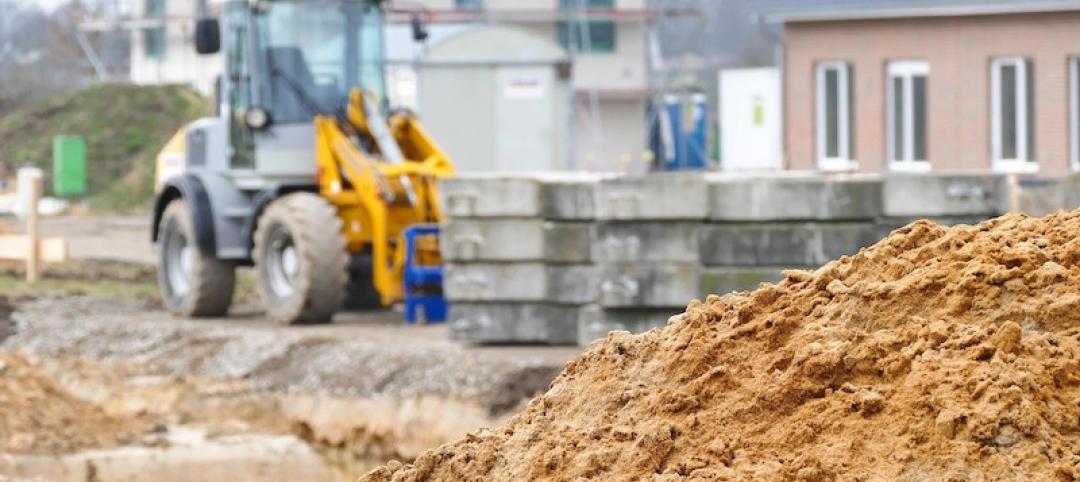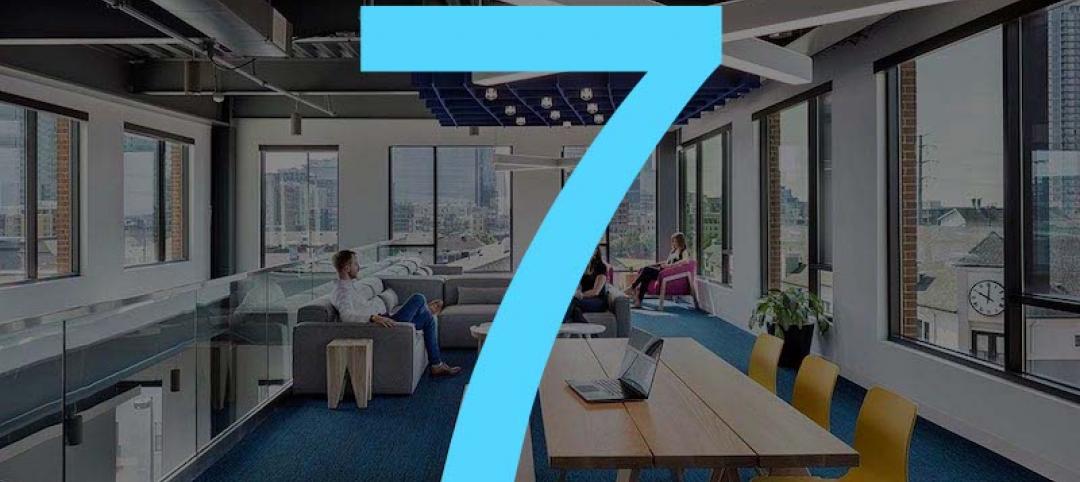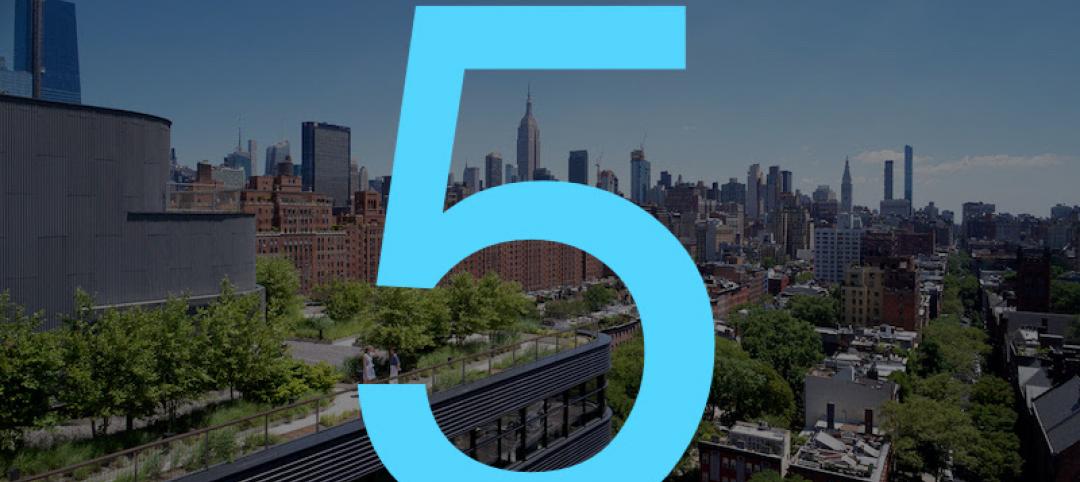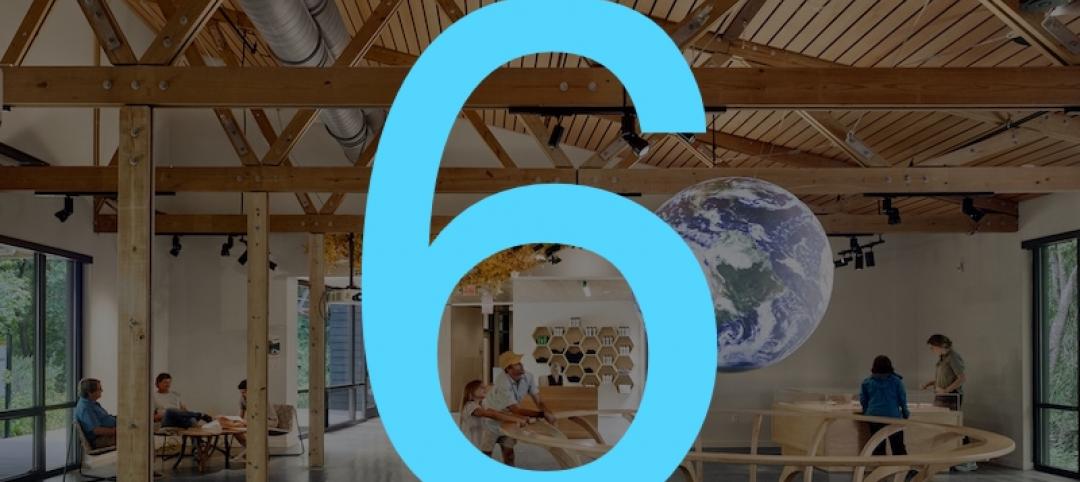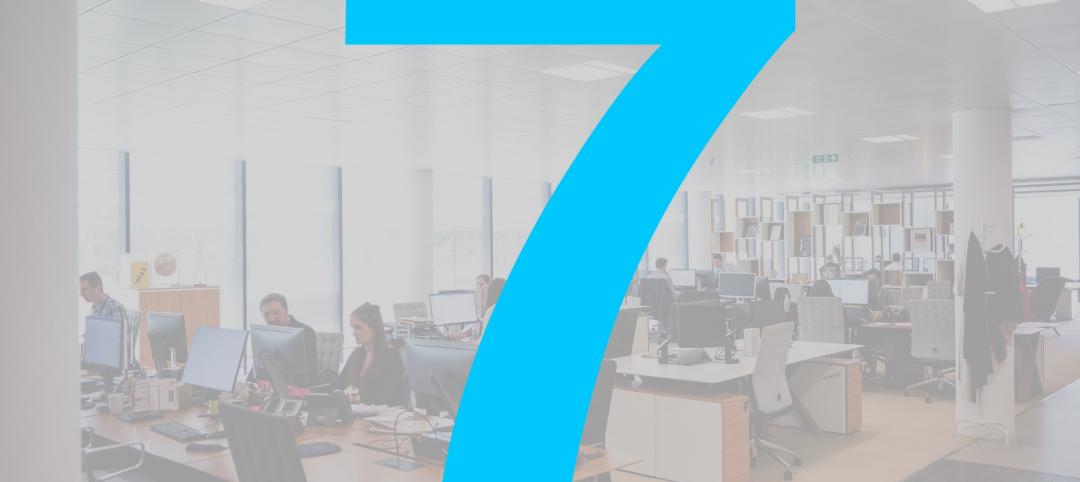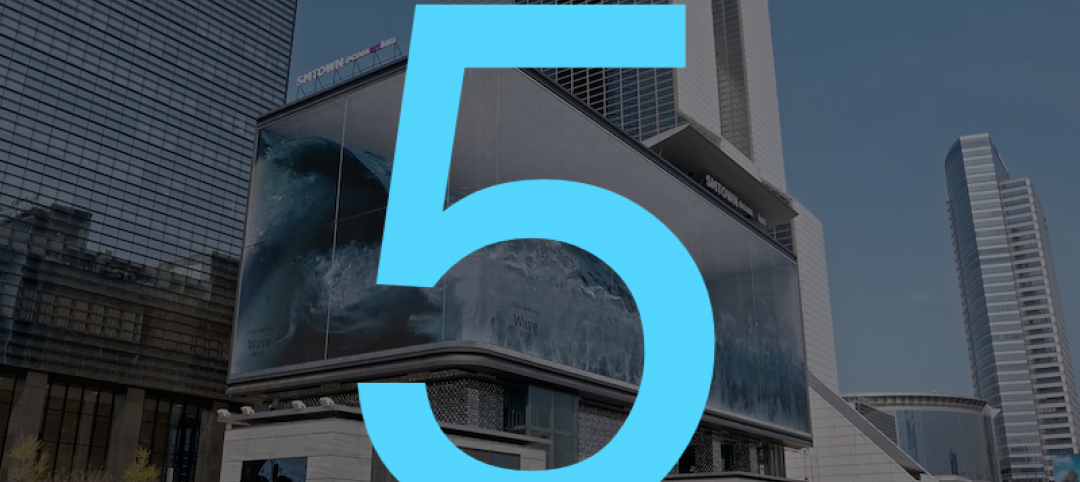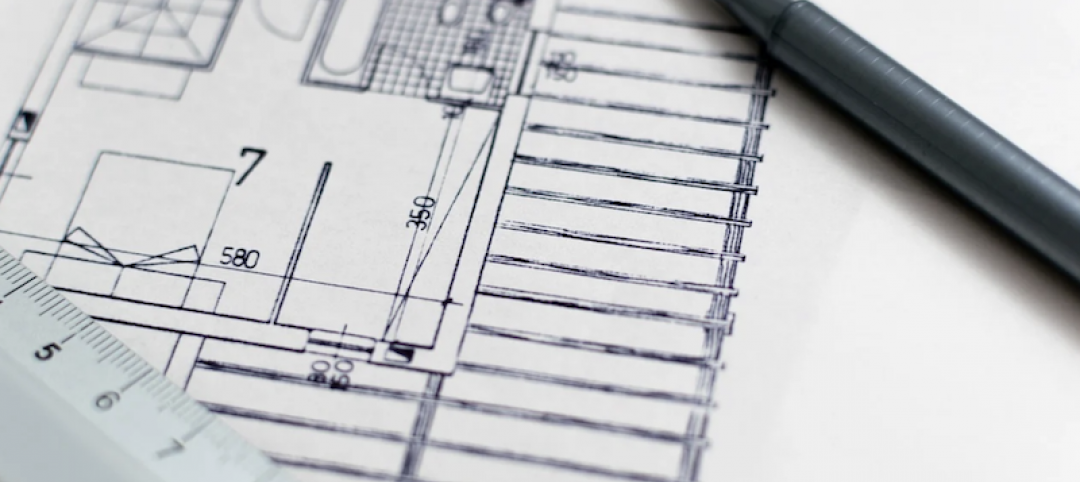1. WATG designs solution for isolating without sacrificing social connectivity (BD+C)
"But in an effort to make the transition to isolation easier, without the need to sacrifice human interaction, WATG has created Oriel, a new option that allows any room to become a self-isolation zone while maintaining a social component."
2. State lawmakers encouraging transition to heat pumps for building heating (BD+C)
"Lawmakers and regulators in an increasing number of states, including California and New York, are changing policies to promote the use of electricity instead of fossil fuels to power building heating and hot water systems."
3. National survey reveals pandemic's impact on college students' mental health, remote learning, families' income and more (Core Spaces)
"Of 2,500 student respondents, 75% feel more anxious or stressed, 57% said they lost their summer jobs and 90% want to return to campus in the fall."
4. A look back at design standard shifts: ADA vs. COVID-19 (Burns & McDonnel)
"If the ADA is any guidance, it may be years before nationwide standards are published and adopted."
5. Clothing stores, not bars and restaurants, took the biggest sales hit from the Coronavirus (MarketWatch)
“It turns out that bars and restaurants did not take the biggest hit from the coronavirus pandemic — it was clothing stores that suffered the biggest revenue losses over the past three months, with sales slashed by 66.6%. By contrast, sales at restaurants and bars were down “only” 40%."
6. Hotels see leisure travel return, but it's still going to be a tough year (Bisnow)
"Leisure travelers are slowly returning to the hotel market even though the lodging industry as a whole faces ongoing financial strain from the coronavirus pandemic and a longer road to full recovery, industry experts say."
7. Will contactless technology be a priority for post-COVID-19 workplace? (Mortgage Professional America)
"The workplace is being reimagined to include more square footage per person, plexiglass dividers, and hybrid work from home and office structures and schedules, in order to conform to new health and safety regulations. But what role will technology play, as companies look to reduce contamination on high touch surfaces?”
8. Once booming San Francisco apartment market goes in reverse (WSJ)
“Rents in San Francisco, the most expensive apartment market in the U.S., are tumbling as the city’s vaunted tech sector sheds jobs and more tenants leave the city.”

Related Stories
Market Data | Jun 1, 2020
Nonresidential construction spending falls in April
Of the 16 subcategories, 13 were down on a monthly basis.
Market Data | Jun 1, 2020
7 must reads for the AEC industry today: June 1, 2020
Energy storage as an amenity and an entry-point for wellness screening everywhere.
Market Data | May 29, 2020
House-passed bill making needed improvements to paycheck protection program will allow construction firms to save more jobs
Construction official urges senate and White House to quickly pass and sign into law the Paycheck Protection Program Flexibility Act.
Market Data | May 29, 2020
7 must reads for the AEC industry today: May 29, 2020
Using lighting IoT data to inform a safer office reentry strategy and Ghafari joins forces with Eview 360.
Market Data | May 27, 2020
5 must reads for the AEC industry today: May 28, 2020
Biophilic design on the High Line and the office market could be a COVID-19 casualty.
Market Data | May 27, 2020
6 must reads for the AEC industry today: May 27, 2020
AIA's COTE Top Ten Awards and OSHA now requires employers to track COVID-19 cases.
Market Data | May 26, 2020
6 must reads for the AEC industry today: May 26, 2020
Apple's new Austin hotel and is CLT really a green solution?
Market Data | May 21, 2020
7 must reads for the AEC industry today: May 21, 2020
'Creepy' tech invades post-pandemic offices, and meet the new darling of commercial real estate.
Market Data | May 20, 2020
6 must reads for the AEC industry today: May 20, 2020
A wave 'inside' a South Korean building and architecture billings continues historic contraction.
Market Data | May 20, 2020
Architecture billings continue historic contraction
AIA’s Architecture Billings Index (ABI) score of 29.5 for April reflects a decrease in design services provided by U.S. architecture firms.


